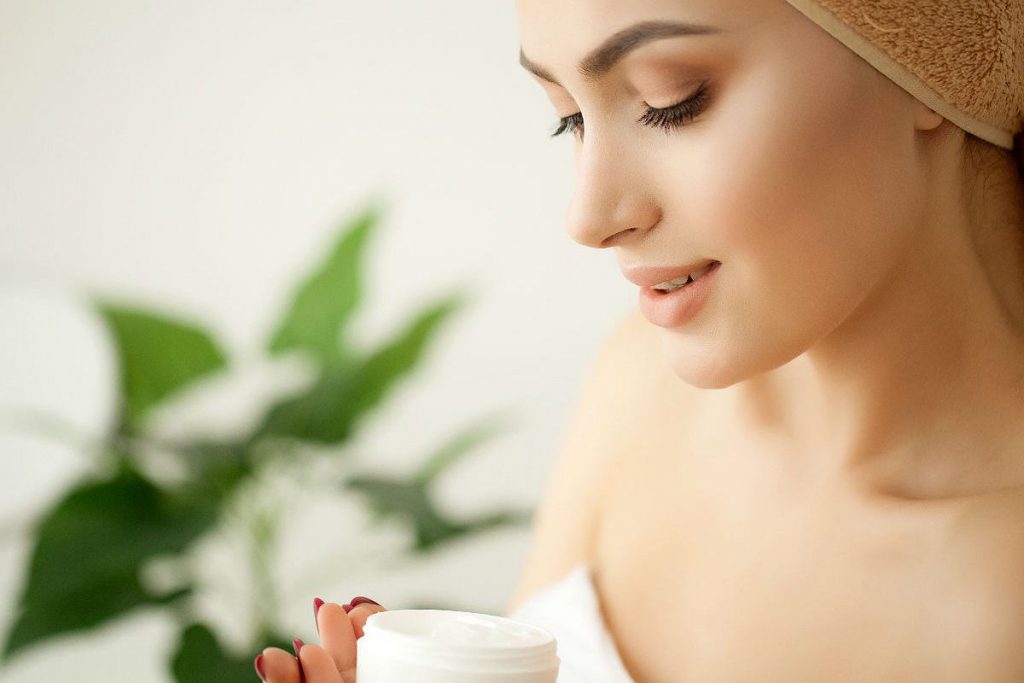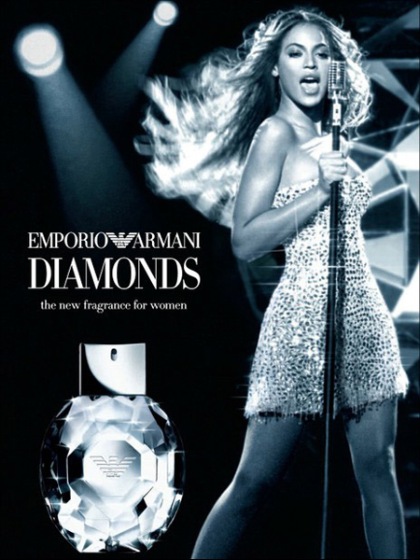Every skin is different. It has its own character and needs. Once you get to know them you’ll learn to take the best care of your skin. Observe the signals your skin sends you and learn to respond to them.

What is my skin type?
It’s the first question you need to find the answer to. You will then be able to match the right beauty treatment for your skin.
Is your skin covered with an oily layer? Determining its type shouldn’t be a problem. Oily skin is not handling the oversecretion of the sebum by sebaceous glands. Additionally, it is often accompanied by spots.
Does your skin flake, is tight and looks like a shell? It’s a dry skin that literally begs for hydration and to seal its epidermal’ lipid barrier.
Oily T-zone (forehead, nose, and chin) and dry cheeks, are a sign of combination skin.
Redness and minor spider veins on the nose or cheeks are the sign of couperose skin.
If your skin is often prickly, it means that it is sensitive.
Do a few enumerated symptoms match your skin? That’s entirely normal because every skin type can suffer from additional problems such as overproduction of sebum, dark circles under the eyes, dehydration, acne, or wrinkles.
Skin changes
It is a natural occurrence because the skin is a living organ that reacts to a multitude of external and internal factors, for example, change of the seasons, hormonal fluctuations, or even changes in your life. Your skin doesn’t need to be dry or oily, so just pay attention to it and observe.
The skin may change along with your age or due to the different seasons of the year. Oily skin suddenly becomes dry or the other way round. Do not choose cosmetics on the autopilot but take into consideration the current skin state otherwise you may do more harm than good. This situation may occur for every skin type.
Your skin needs may also change due to your work conditions or place where you happen to spend the time on a daily basis. Presumably, when working many hours in front of a computer you can suffer from dry skin under the eyes.
Tough time in your life can have an immense impact on your skin condition. Depression, sadness, crying makes skin more sensitive.
The cosmetics that you used on a daily basis may suddenly irritate your skin. When it occurs, you should switch up your beauty routine for gentler one, full of moisturizing, calming, and regenerative substances.
Do not choose cosmetics based on your age
It does not matter how old you are but what is the age of your skin. The most important is the biological age and that depends on various factors: hyperpigmentations, epidermis condition, level of hydration, wrinkles. Mistaken is to think that cosmetic used since forever will always be good for you. Always pay attention to the current state of your skin. Take care of the right choice of cosmetics no matter your actual age!
Cosmetics’ composition
You need to know what you are applying to your skin if you want to take the best care of it. You must learn to read the list of ingredients and that is harder than you can expect it to be.
In the European Union, the list of ingredients is provided under the name INCI (International Nomenclature of Cosmetic Ingredients). Unfortunately, in other countries such as Japan or Brazil, the list of ingredients is only in their native language which makes it unreadable for us.
The ingredients are listed in descending order. Usually, it opens with water because on average it makes for over 70% of the whole cosmetics. The very last are fragrances and colorants as well as preservatives.
What should you pay attention to?
If the ingredient on the label is placed at the end of the INCI it means that there is very little of it. It happens that cosmetic contains only trace amounts that have no benefit for the skin. The order matters!
As you see, once you get to know your skin and its needs and if you will observe how changes and pay attention to the signals it sends you, you will surely find the right beauty routine for yourself. Your skin will always be in good condition – deeply regenerated, healthy, hydrated, and protected.






